Vitamins and thyroid medication are usually taken simultaneously, but did you know that taking vitamins with other medications may affect your thyroid medication? This may be the reason why you think your thyroid medication doesn’t seem to improve your thyroid health. So today, let’s talk about how certain vitamin and mineral components can get in the way of your thyroid medication’s effectiveness and your thyroid condition.
RELATED: Diet For Hypothyroidism: Food To Include In Your Diet Plan
The Interaction of Vitamins and Thyroid Medication
While it may be convenient to take your vitamins and thyroid medication at the same time, doing so may affect your body. Find out how your vitamins affect your medication and body below.
1. Iron
People with thyroid disorders suffer from fatigue when they are iron-deficient. While people with hypothyroidism are more prone to an iron deficiency, those with hyperthyroidism may also experience this.
Some of the symptoms of iron deficiency include:
- Persistent fatigue
- Pale skin
- Headaches
- Heart palpitations
- Dizziness
- Restless legs
- Hair loss
- Brittle nails
- Dry skin
Iron is usually, if not always, included in every multivitamin and supplement you can buy in the pharmacy. It is a component of hemoglobin, a substance in our red blood cells that carries oxygen from the lungs to the different parts of the body.
Iron is a component of vitamins which inhibit thyroid medication absorption. The interaction occurs when iron binds to a thyroid medicine in your stomach.
When this happens, your body may not be able to absorb your thyroid medication. This doesn’t mean you should not take iron.
Instead, take iron or any vitamin and thyroid supplements containing iron at least two hours before or after taking your thyroid medication.
See your doctor if you experience appetite loss, muscle cramps, stiffness, and constipation. A blood test may be necessary to check whether your thyroid medicine is working.
2. Magnesium
Magnesium is an essential nutrient the body uses for different processes. This includes the regulation of muscle and nerve function, blood pressure, as well as DNA, bone and energy production.
Apart from these functions, magnesium also assists in producing more thyroid hormone. You can get this nutrient through your diet with nutritious foods, such as green leafy vegetables, nuts, and seeds.
If you can’t get enough of this mineral through your diet, you can take magnesium supplements. Many antacids contain magnesium and aluminum; some multivitamins also have these.
Magnesium interacts with levothyroxine by inhibiting its effectiveness.
Levothyroxine Definition: The most common medication used to treat hypothyroidism
It is recommended taking vitamins and thyroid supplements with magnesium two hours before or after taking your thyroid medication. When taking antacids with magnesium as a standalone medication, you should avoid taking the thyroid supplement levothyroxine to ensure your thyroid health is not at risk.
3. Calcium
Calcium is essential for building and maintaining bone health and also helps in blood clotting. This essential mineral is naturally present in healthy foods like seeds, cheese, yogurt, and milk.
Unfortunately, calcium is also a multivitamin component that inhibits the absorption of thyroid medicine in the body. Supplements or antacids containing calcium can interfere with levothyroxine, liothyronine, and other hypothyroidism treatment medications.
Within the context of iron and magnesium, calcium should be taken 2-4 hours before taking your thyroid medication.
4. Vitamin B1
Vitamin B1, otherwise known as thiamin or thiamine, helps the body use carbohydrates as energy. It also plays a crucial role in glucose metabolism and the functioning of the heart, nerve, and muscle.
Low levels of this B vitamin can impair the ability of the liver to detoxify estrogen. This can result in the suppression of the thyroid gland, which can lead to hypothyroidism.
Vitamin B1 is one of the vitamins which interacts suitably with thyroid medications. Due to its water solubility, thiamine is easily absorbed.
Unlike other vitamins and minerals, Vitamin B does not cause gastrointestinal disorders and, instead, helps aid in these types of ailments.
5. Zinc
Studies have shown that people with hypothyroidism and hyperthyroidism can suffer from zinc deficiency, which may also result in hair loss. Zinc helps in the functioning of our immune system, so it also works hand-in-hand with thyroid medications.
Moreover, zinc assists in the synthesis of thyroid hormones and the conversion of T4 to T3. Alongside selenium, zinc also improves thyroid function and hormone levels.
RELATED: Vitamin D And Thyroid | The Link Between Summer And Thyroid Health
6. Vitamin A
People with hypothyroidism find it hard to convert carotene, a precursor to vitamin A, into a usable form of vitamin A unless it is accompanied by a protein that makes it easily absorbable by the body. This vitamin also helps convert T4 to T3.
It is better to take vitamin A with some protein-rich foods to aid in its absorption. Some of the excellent sources of protein include lean meat, poultry, and fish.
7. Vitamin B12
Hypothyroid patients have a hard time absorbing this vitamin. Taking Vitamin B12 is essential for the body since a lack of it may cause certain disorders, such as mental illness and other neurological disorders.
Doctors suggest taking Vitamin B12 in doses higher than the recommended dosage of 200-1,100 pg/ml for those who are taking thyroid medication simultaneously.
8. Iodine
Your thyroid gland uses iodine to make thyroid hormones. A deficiency in this essential nutrient may result in hypothyroidism.
Iodine deficiency include signs of swelling in the neck, unexpected weight gain, weakness, and fatigue. Sadly, there are only a few good iodine sources.
Some of the excellent sources of iodine, which you can add to your diet, include iodized salt, shrimp, tuna, and dried prunes. Since iodine sources are limited, you can get this nutrient through supplementation.
Iodine supplements, however, may interact with anti-thyroid medications like methimazole. When taken in high doses, they may cause your body to produce too little thyroid hormone.
Other Factors That Affect the Absorption of Your Thyroid Medication
Take a look at the list below to know what else may affect your body when taken with thyroid medicines.
- Stomach medications like pantoprazole, esomeprazole, and omeprazole also interfere with your thyroid meds. You may need a higher or lesser dose.
- While a high-fiber diet offers several health perks, it may interfere with the gut absorption of your thyroid medications, too. High-fiber foods include green leafy vegetables, lentils, beans, quinoa, and nuts.
- Caffeine may also reduce the absorption of thyroid meds by around 30%. Space it out by at least two hours before or after taking levothyroxine or Synthroid.
Vitamins are essential in maintaining a healthy body. Although for people with thyroid problems, taking vitamins and thyroid drugs at the same time doesn’t always go well.
We have provided some tips to keep you and your thyroid in good shape, but how can you be sure? To be safe, consult your physician.
Do you think multivitamins are beneficial for people with thyroid problems? Please let us know your thoughts by leaving your comments below.
Up Next:
- Hormone Replacement Therapy For Men
- HRT Hormone Replacement Therapy For Women: Frequently Asked Questions [INFOGRAPHIC]
- Discovery Of How Cells Respond To Oxygen Wins 2019 Nobel Prize In Medicine
Editor’s Note: This post was originally published on February 5, 2018, and has been updated for quality and relevancy.


